I'm Inga Larson,
I Help Poorly-Parented Adults Break Their Generational Cycle, And Raise Their Challenging Teens Into Successful And Confident Young Adults.
Watch The Training ▶️
How To Heal Your Teen's Challenging Behavior & Reconnect
By Breaking The Family Patterns You Inherited
Hi, I'm Inga Larson
Even though we haven't worked together yet, I bet I know a few things about you...
- Your kids are struggling…with anger, silence, even risky behavior…and you’ve tried everything. And nothing seems to work
- You come home every night, bracing for another battle, and the arguments seem to get nowhere. No matter what you do, or say, they end up doing just the opposite
- You love your teen deeply… but lately it feels like you’re walking on eggshells in your own home, never quite sure what will set things off next — or whether you have the energy to handle it when it does.
- You promised yourself you would never parent the way you were parented… and yet sometimes, in the heat of the moment, you hear words come out of your mouth that sound painfully familiar.
- You feel responsible for holding everything together — the moods, the tension, the schedule, the emotional temperature of the house — and you’re exhausted in a way that rest doesn’t seem to fix.
- You miss your child… even though they live in the same house. Conversations feel shorter, walls feel higher, and sometimes you wonder where the closeness went.
- You’ve read the books, tried the strategies, had the talks… and yet the same patterns keep repeating, leaving you wondering what you’re missing that everyone else seems to understand.
You don’t just want your teen’s behavior to change — you want your home to feel different: calmer, warmer, more connected… a place where everyone can finally exhale.

You’re Not Alone…. And There’s A Better Way!
- Your child talks to you more — not because you force conversations, but because they feel safe being honest with you.
- The emotional atmosphere in your home feels steadier, warmer, and more predictable — for everyone.
- Your child still has big feelings — but they recover faster, and the entire household no longer revolves around emotional crises.
- Your teen takes more responsibility for their behavior — not out of fear, but because they feel respected and capable.
- Conversations feel more open, more honest, and less guarded — even when the topics are difficult.
- You respond more often than you react — even in tense moments — because your nervous system no longer gets pulled into every emotional storm.
- You feel calmer and clearer inside, which means you don’t second-guess every parenting decision after the fact.
- Conflict no longer feels like a threat to the relationship — it becomes something you can move through together and repair afterward.
- You set limits without guilt, anger, or emotional shutdown — and your child learns to respect those limits over time.
- You understand when to step in and when to step back, supporting your teen’s independence without losing connection.
- You no longer feel responsible for controlling every outcome — but you do feel confident guiding your child through challenges.
- You trust yourself as a parent, even when situations are messy, uncertain, or imperfect.
- You experience more moments of genuine enjoyment with your child — humor, warmth, and shared connection return.
- You feel relief from the constant undercurrent of worry, guilt, and self-blame that once followed you everywhere.
Most of all, you know — deeply and steadily — that you are giving your child something you never consistently received:
a relationship that is safe, supportive, and strong enough to grow inside.
You Could Be On The Road To These Results Just A Few Months From Now.
How is This Possible ?
Find Out In This Training, How to Heal Your Teen’s Challenging Behavior and Reconnect—By Breaking the Family Patterns You Inherited
How to Heal Your Teen’s Challenging Behavior and Reconnect—By Breaking the Family Patterns You Inherited


Let me introduce
My Background
After 25 Years As A Therapist And Somatic Life Coach,
Working With Families, Teens, And Parents In Crisis...
I noticed something.
The parents who struggled the most were not uncaring. They were not lazy. They were not “bad at parenting.”
They were carrying something invisible. Many had grown up in homes where love was inconsistent, conditional, or confusing.
These adults had tried everything. Self-help books. Positive thinking. Better communication strategies.Promising themselves they would “never be like their parents.”
And yet, in moments of stress, they found themselves repeating the very patterns they swore would end with them. Not because they didn’t care. But because insight alone wasn’t enough.
I saw over and over again in my practice. Adults starving for connection…Yet terrified of closeness. Parents desperate to do better… Yet overwhelmed by reactions they didn’t understand.
They weren’t broken. They were living inside a nervous system shaped by childhood.
And no one had ever shown them how to work with that.
....

